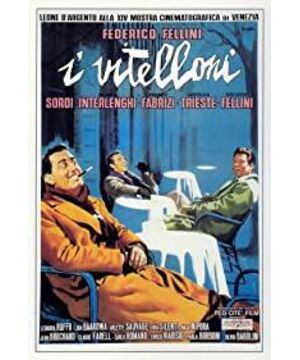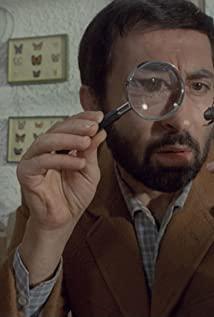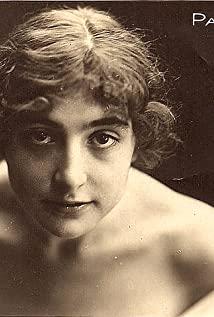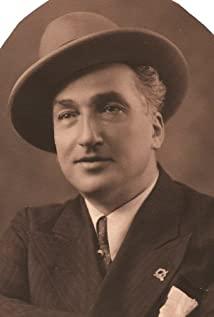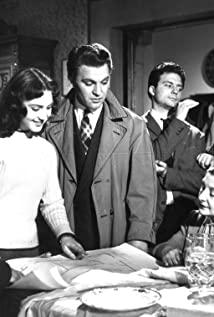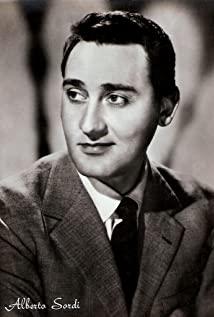The film opens with a beautiful soundtrack as the musical background, and the heroine Sandra won the title of Miss Mermaid in 1953. A sudden heavy rain made people hide in the house, and the situation outside the house at this time was compared with the situation at the beginning of the movie, and also with the lively situation in the house at this time, which brought a strong visual impact. .
Among the five protagonists who are nearly 30 years old, the eldest Fasto made the youngest Morado's sister Sandra pregnant. In order to avoid this fact, Fasto wanted to "leave" overnight, but Fasto Todd got married based on his father's obstruction, his sense of responsibility, and the persuasion of those around him.
Fastow was introduced by Sandra's father to work at an antiques store, but was fired for trying to seduce the owner's wife with a bad habit. Morado and Sandra are deceived by his lies, and that's how Fasto is forgiven.
Finally, one day Sandra found Fasto sleeping with other women, Sandra ran away from home in a rage, Fasto searched hard, and finally found Sandra at his father's house and sought Sandra's forgiveness.
At the end of the film, Morado left with a suitcase early one morning.
The whole film revolves around the topic of "leaving" to tell the life of a group of people. From the very beginning when Fatos knew that Sandra was pregnant and wanted to "leave" to "leave" when Sandra ran away from home, and finally "leave" for Morado. What touched me the most about the movie was the ending: Morado got on the train away from home in the early morning, and he stood on the train watching the familiar town fading away, while the others fell asleep to the roar of the train. As the film's final monologue says: We were all talking about leaving, but only one actually left without a sound one morning.
This film is Fellini's sincere semi-autobiographical film. No one can escape the confusion, confusion and absurdity of youth, but he finally took a difficult step. After seeing through his youth, he left without hesitation and bid farewell to him. The hometown of drunken life and dream death. I saw a short comment that I liked: "Fellini uses a video stream similar to madness. By recording the decadence and despair of a group of unemployed youth, the image of post-war Italy is constructed with video. The wandering without the purpose of life, the Italian version of unfulfilled desires. Faust. There are thousands of different Faust in the eyes of the masters, and their interpretations and interpretations are also different. In the end, they all come to the same destination beautifully." This may be Fellini's memory. Its memories are delicate and moving. It seems that through his memories, he sees the meaning of sticking to his dreams and goals.
View more about I Vitelloni reviews


